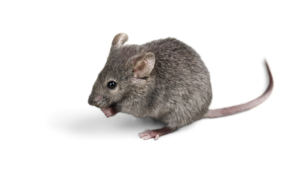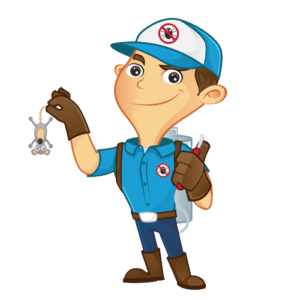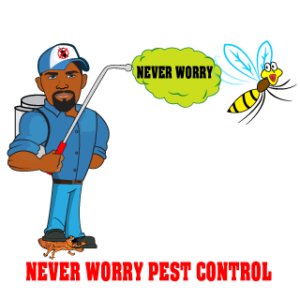Rodents

 Did you know an adult mouse can squeeze into a hole the size of a dime? This means if there are holes or gaps around, above or under your pipes, doors and anything else low to the ground there is a chance rodents can be sneaking into your domain. Also, it is best to pay close attention to wires and hoses running alongside your domain and close to windows because mice are known to be great climbers, crawlers and jumpers. Rodents are known for nesting and breeding. Once a rodent finds a safe nesting spot in your home/office they begin to breed and have babies. A female mouse can have up to 10 liters per year, producing up to 150 babies per year.
Did you know an adult mouse can squeeze into a hole the size of a dime? This means if there are holes or gaps around, above or under your pipes, doors and anything else low to the ground there is a chance rodents can be sneaking into your domain. Also, it is best to pay close attention to wires and hoses running alongside your domain and close to windows because mice are known to be great climbers, crawlers and jumpers. Rodents are known for nesting and breeding. Once a rodent finds a safe nesting spot in your home/office they begin to breed and have babies. A female mouse can have up to 10 liters per year, producing up to 150 babies per year.
There are about 2000 different species of rodents around the world. The most popular rodent that most come in contact with is the house mouse, rat, racoon and squirl. Rodents carry both virus and disease. By coming in contact with a rodents urine, droppings, nesting materials and or droppings, one can be exposing themselves to hantavirus, listeria and salmonellosis.
Although rodents will nest and live in your domain for a lifetime if they are allowed, the cooler seasons such as fall, and winter is when you will normally begin to see a greater population of rodents popping up indoors because unfortunately, your home and or office may be one of the places they seek shelter. The best advice is to work hard at keeping them away.
Tips to keep rodents away:
- Never leave food out over night
- Store items like rice, paste, cereals, breads etc. inside thick sealable plastic storage containers or plastic zip lock bags
- Seal (or have someone else seal) any holes around all doors and foundation around the home/office
- Eliminate leaking water sources
- Seal and remove trash
- Seal any holes inside of the homePlace close attention to bald up padding and things that look like an animal has been nesting in places like the attack, basement, closets and other small tight areas
- Never leave pet food (dog or cat) in bowls after your pet is done eating and always make sure the pet food container is properly sealed. Pet food contains fats and proteins that are beneficial to mice, which means if they eat your pet food its like you gave the mice a meal on purpose. It also means a rodent’s pathogens can contaminate the entire container of pet food!
Proper Clean-Up
After there has been a rodent infestation, proper clean up should be completed, this is advised and is very important to the health and safety of individuals in the area. Rodents carry over 180 pathogens that can make a person or their pet sick! Although the pesky pest may be gone, the mess and the bacteria spurs are still there. Allergens, bacteria, ticks, fleas, disease and virus stay in your home/office after the rodents have been removed properly. A proper bleach and water solution is recommended, or a commercial straight disinfectant is also suitable.
- DO NO vacuum or sweet up rodent droppings, this will cause the bacteria and virus particles to move around the air and cause you to breath them in
- Always wear gloves and protective wear when encountering anything pertaining to rodents
- Proper disposal of rodents outside the home/office
- DO NO make house mice/rats at home pets
